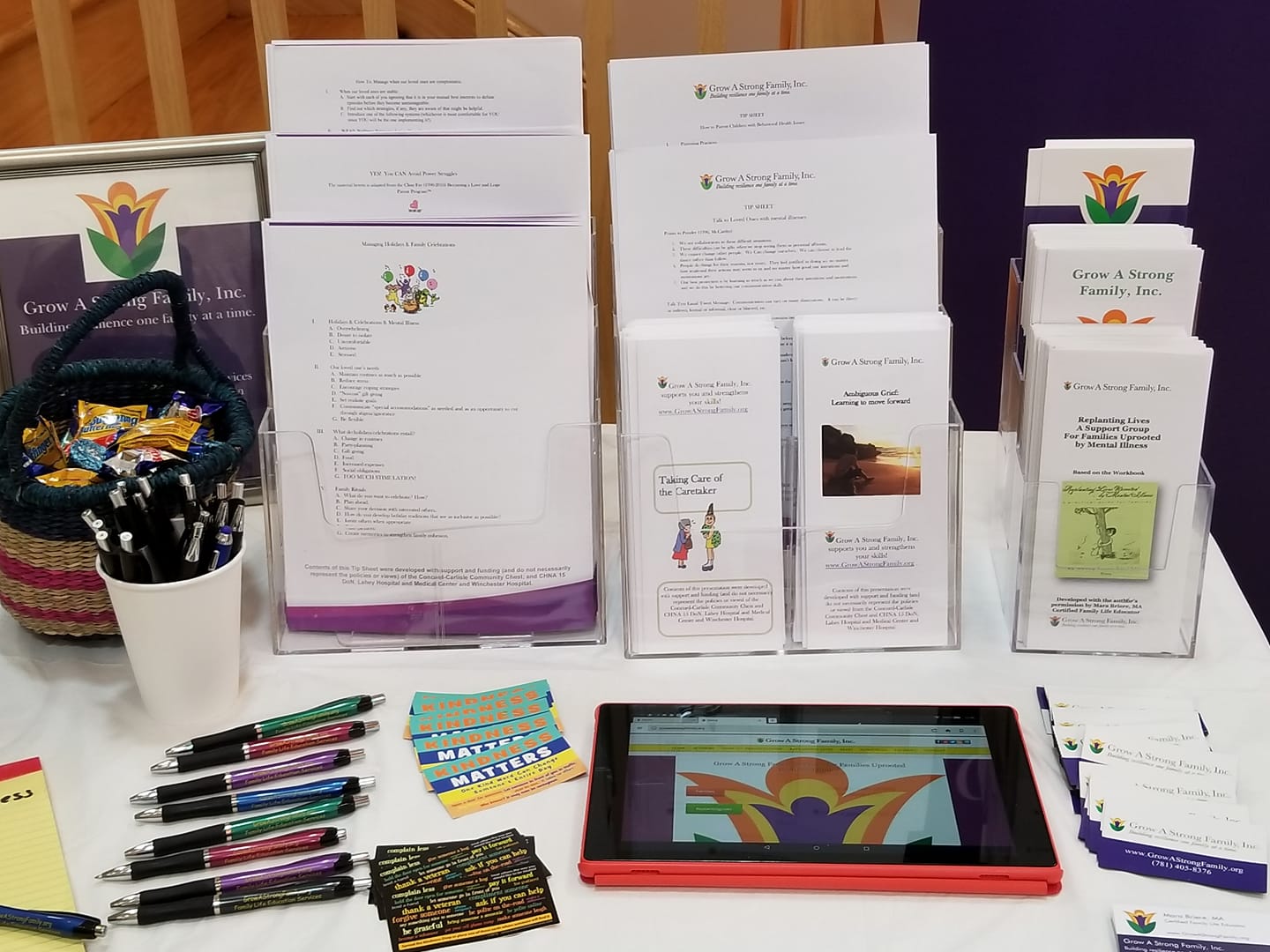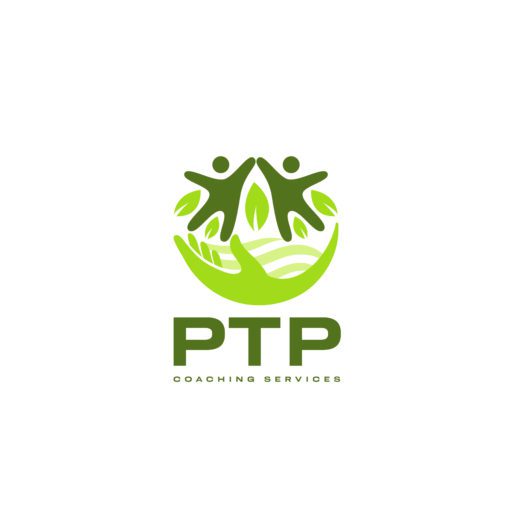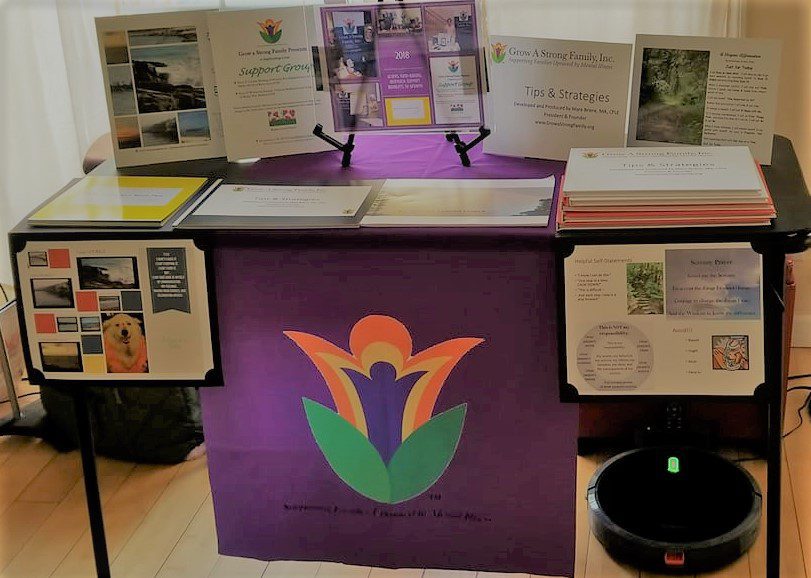
Family Life Education & Coaching
Family Life Education is the practice of equipping and empowering family members to develop knowledge and skills that enhance their well-being and strengthen their interpersonal relationships, all through an educational, preventive, and strengths-based approach.
Family Life Educators consider societal issues — parenting, relationships, economics, sexuality, and many more — within the context of the family and larger systems. They empower families themselves to apply knowledge about healthy family functioning to prevent or minimize problems.
Coaching is a short-term service designed to promote learning, improving quality of life, and supporting you in the process.
It is a “go to” service when beginning a new journey. “Now” focused. Skills based. Although coaching can be very therapeutic, it is not therapy.
The approach I take through Points to Ponder is to partner with you and develop a better understanding of the path you are now on. Together, we develop “SMART” goals. SMART goals are specific, measurable, attainable, relevant, time-based.
I offer two examples to clarify how coaching works and how it might benefit you and your situation. In one example, “Rose” was referred to me to assist her in co-parenting during a very difficult post-divorce period. Her ex was not interested in co-parenting, putting down her requests to participate in decisions, not responding to attempts to communicate, and putting their children in the middle by telling them everything their mother says, however twisted to make her look uncaring and incompetent. Rose and I agreed that co-parenting was unlikely to happen, however parallel parenting was possible and likely. The goal was to use a simple “just the facts” method of communication and to develop her own rules and responsibilities with the children during her parenting time. Over the course of 8 sessions (2 packages) with between session support (many emails!), Rose went from a sense of helplessness and frustration to one of empowerment and confidence. The additional outcome has been a sustainable family experience with the children benefiting by observing their parents and how they approach parenting differently. https://growastrongfamily.org/divorce/
The second example involves a couple, “Ted and Alice” and their 26-year-old son who has been diagnosed with a brain disorder, Bipolar 1. His behavior was increasingly alarming and scary as he was drinking, punching walls, and ignoring any requests made by his parents. He refused to take his medications, and Ted and Alice were confused, angry, and excluded from teaming with his providers. In the course of our work together, I referred them to NAMI’s Family-to-Family program as a basic course in brain disease which I followed up with various exercises and conversations to guide their understanding of their feelings and the changes in their family unit. We focused on how to communicate more effectively, how to set limits, and how to maintain their family’s well-being moving forward. They found the information from https://growastrongfamily.org/ to be particularly helpful.

